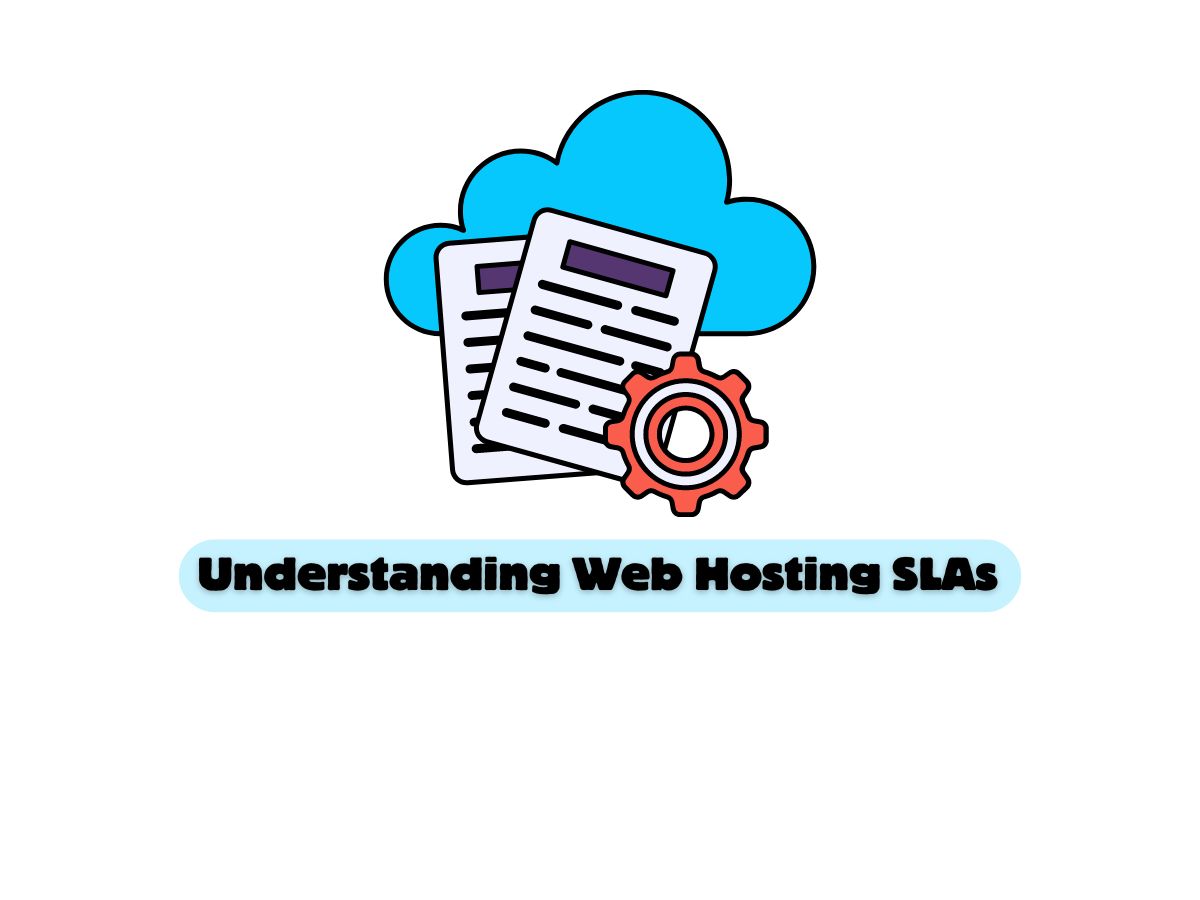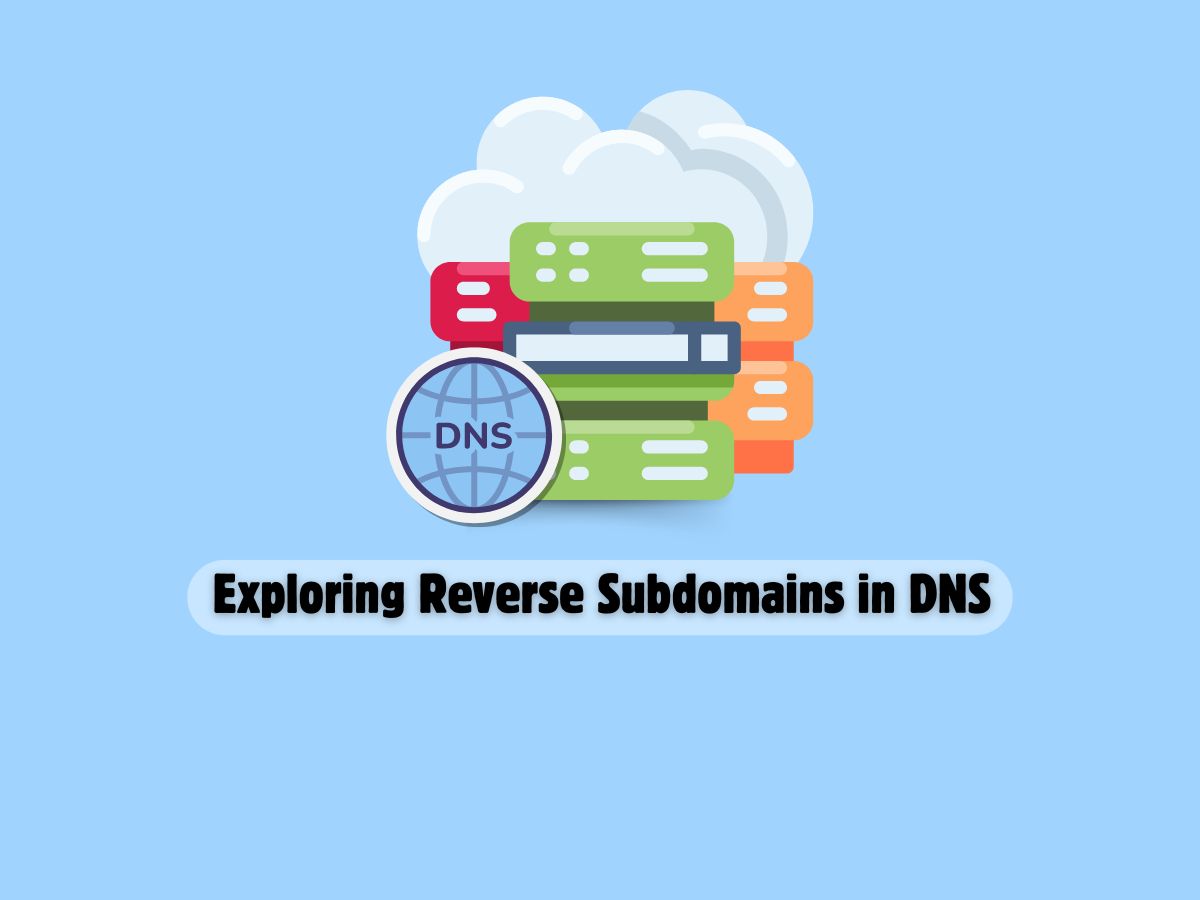
Understanding Service Level Agreements (SLAs) in Web Hosting Support
In the world of web hosting, where uptime and reliability are paramount, Service Level Agreements (SLAs) play a crucial role in defining the level of service and support that customers can expect from their hosting providers. SLAs serve as contractual agreements between hosting providers and their clients, outlining specific performance metrics, responsibilities, and remedies in the event of service disruptions. In this article, we’ll delve into the key aspects of Service Level Agreements (SLAs) in web hosting support and their significance for businesses and website owners.
What is an SLA in Web Hosting?
A Service Level Agreement (SLA) is a formal contract that defines the terms and conditions of service between a hosting provider and its customers. In the context of web hosting, an SLA typically outlines the agreed-upon level of service, including uptime guarantees, response times for support inquiries, and procedures for issue resolution.
Key Components of SLAs
1. Uptime Guarantee: One of the primary components of a hosting SLA is the uptime guarantee, which specifies the minimum percentage of time that the hosting provider commits to keeping the customer’s website accessible and operational. Common uptime guarantees range from 99.9% to 99.99%, with corresponding compensation or credits outlined for any downtime that exceeds the agreed threshold.
2. Support Response Time: SLAs often include provisions for support response times, delineating how quickly the hosting provider commits to addressing customer inquiries or technical issues. Response times may vary depending on the severity of the issue, with different levels of priority assigned to different types of support requests.
3. Issue Resolution: SLAs typically outline the procedures and timelines for resolving technical issues or service disruptions. Hosting providers may specify escalation paths, communication channels, and expected timeframes for issue resolution, ensuring transparency and accountability in the support process.
4. Compensation or Credits: SLAs typically offer compensation or service credits for customers affected by service disruptions or unmet uptime guarantees. This serves as a remedy for those impacted. These credits can be used to reduce future service fees or extend the hosting subscription, offsetting any inconvenience from downtime.
Significance of SLAs for Businesses
1. Reliability and Trust: SLAs provide businesses with assurance regarding the reliability and performance of their web hosting services. SLAs define service levels and expectations, building trust between hosting providers and customers. This fosters long-term relationships based on reliability and accountability.
2. Risk Mitigation: SLAs serve as a mechanism for mitigating risks associated with service disruptions or downtime. By defining uptime guarantees and remedies for service breaches, businesses can reduce the impact of disruptions on their online operations. This also safeguards their reputation.
3. Performance Monitoring: SLAs enable businesses to monitor and assess the performance of their hosting providers objectively. Tracking uptime, response times, and resolution outcomes against SLA terms helps businesses hold hosting providers accountable. This ensures they meet their contractual obligations.
4. Legal Protection: SLAs provide businesses with legal recourse in the event of disputes or breaches of contract by hosting providers. SLAs document service terms and conditions, providing a framework for resolving disputes. This ensures remedies for failures to meet agreed-upon service levels.
Conclusion
Service Level Agreements (SLAs) are crucial in web hosting contracts, outlining the terms of service between hosting providers and customers. SLAs outline uptime guarantees, response times, resolution procedures, and compensation mechanisms. This ensures transparency, reliability, and accountability in web hosting support. For businesses, effectively using SLAs helps mitigate risks and build trust. It also ensures consistent performance for their online presence.







